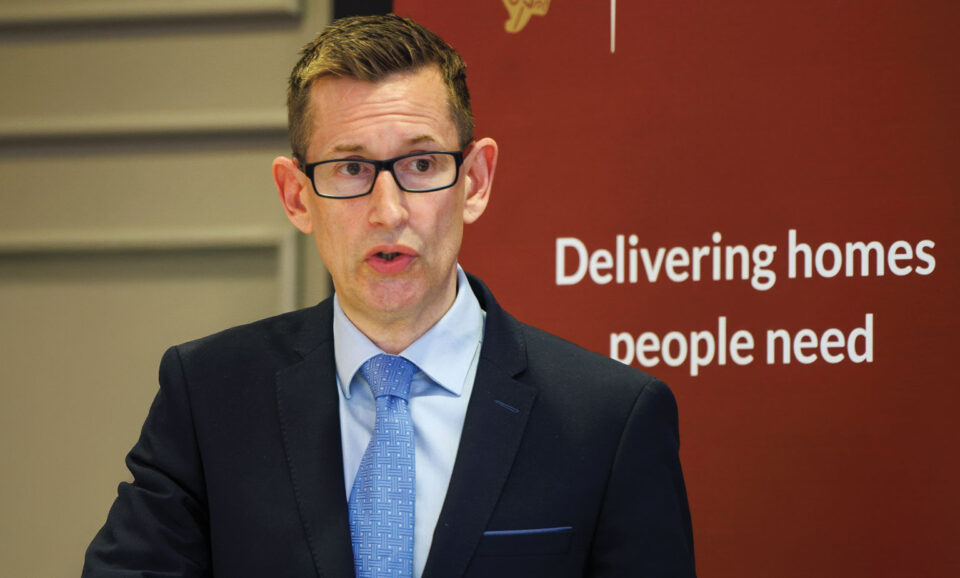
Sustainable solutions needed to solve the North’s homelessness crisis
30th June 2025
Tuath Housing delivers 1,000th cost rental home
30th June 2025EU pursues cohesive housing policy

The European Union has begun to take a more coordinated approach to housing, prompted by growing affordability challenges, a slowdown in construction, rising homelessness, and the need to meet climate targets across Europe.
While housing policy remains the responsibility of member states, the EU has used legislative, financial, and policy tools to influence national approaches.
In 2024, the European Commission appointed a Commissioner for Energy and Housing, Dan Jørgensen. His portfolio includes the development of a European affordable housing plan, measures to address energy poverty, and proposals to support housing supply and renovation across the EU.
Legislatively, the revised Energy Performance of Buildings Directive (EPBD), due to apply from May 2026, sets new requirements for building energy efficiency. All new buildings must be zero-emission by 2030. Member states will also be required to reduce the average primary energy use in residential buildings by 16 per cent by 2030, and by 20 to 22 per cent by 2035. More than half of this reduction must come from the renovation of the worst-performing buildings.
Several EU funding instruments now include housing-related elements. The Recovery and Resilience Facility allocates funding to energy efficiency improvements and social infrastructure, including housing. Under the current programming period, more than €100 billion is available across the EU for energy renovation of buildings. Other funds contributing to housing-related objectives include the European Regional Development Fund (ERDF), InvestEU, the European Social Fund Plus (ESF+), the Just Transition Fund, and the Social Climate Fund, which begins in 2026.
In March 2025, the European Commission and the European Investment Bank (EIB) launched the first stage of a new investment platform for affordable and sustainable housing. The platform will provide financing and advisory support, with the EIB planning to invest approximately €10 billion over the next two years.
The EU has also adopted new measures to improve the regulation of short-term rentals. From 2026, platforms will be required to share data with local authorities under new transparency rules. VAT obligations for short-term rental providers are also being revised as part of broader EU tax reform.
In late 2024, the European Parliament established the Special Committee on the Housing Crisis. Its work is ongoing and will contribute to future policy development.
Sorcha Edwards, Secretary General of Housing Europe says that while the EU assuming a leadership role is “an opportunity to achieve better finance and better regulation for AHBs in their different guises across Europe, there are no EU-level silver bullets to tackle our housing crises”.
“Contexts vary hugely and key levers like tenant protection and planning are local and should stay local. At EU level, we need more coherence to prevent, for instance, EU limits on national debt from stopping financial support for social or cost rental housing,” Edwards says.






